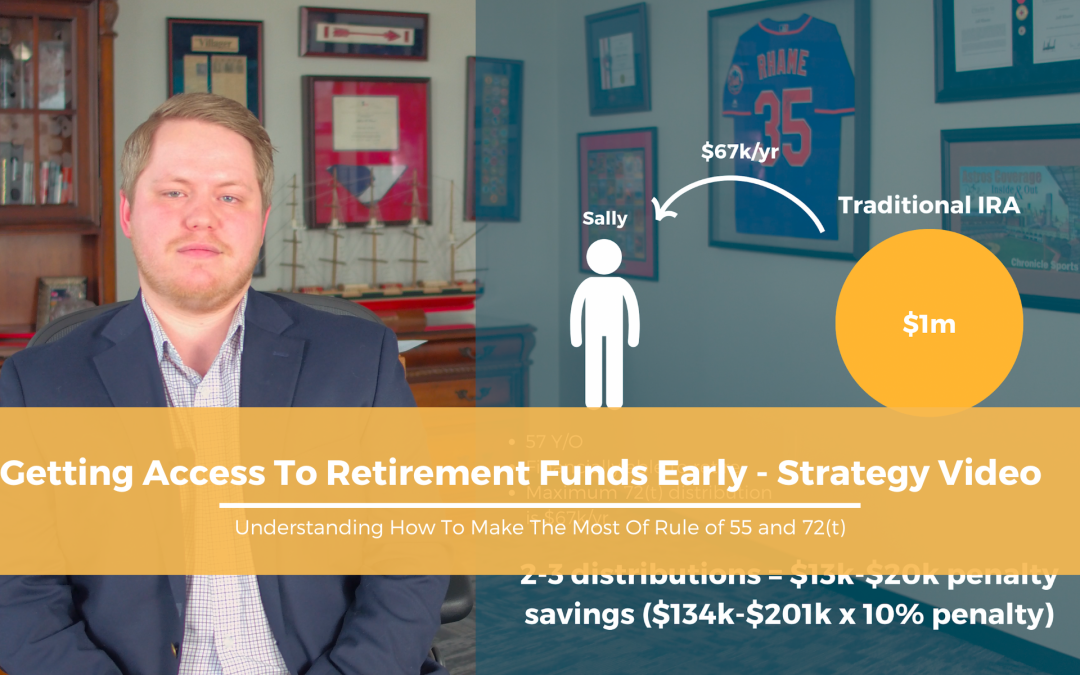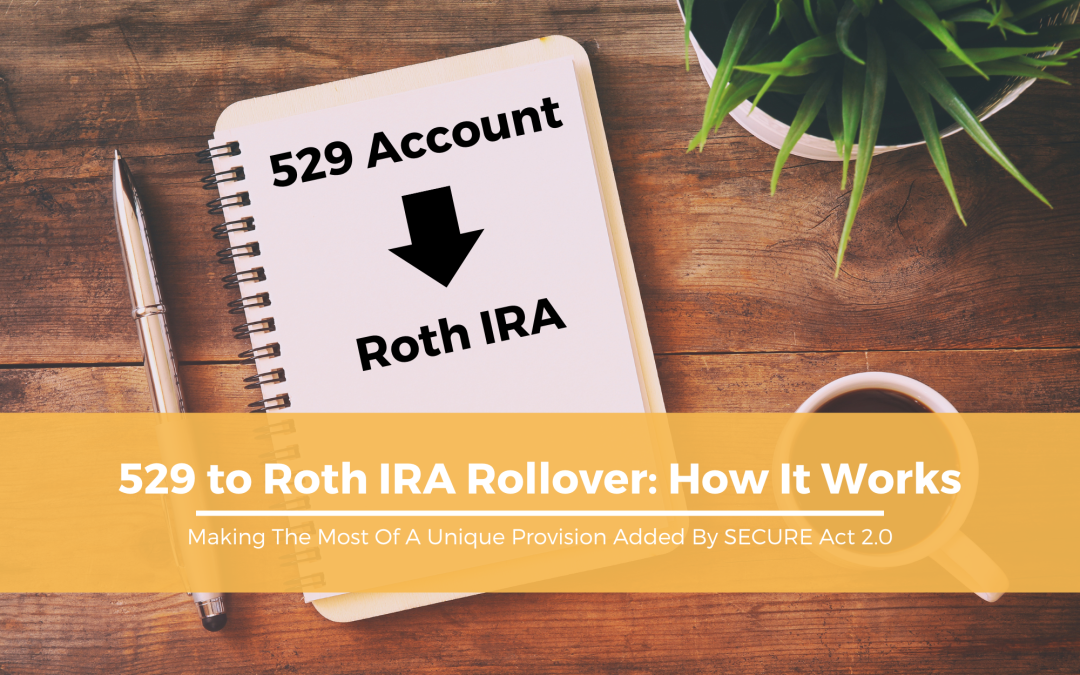U.S. Credit Rating Downgraded by Fitch
What Is This Change and Why Does It Matter?
Tuesday evening saw Fitch Ratings downgrade the United States’ long-term sovereign credit rating from AAA to AA+. While certainly an eye-catching headline, the substance of the story itself is not something we expect to meaningfully impact the U.S. economy and financial markets. Both the stock and bond markets have seen declines today in the aftermath of the announcement, but we believe that better than expected corporate fundamentals and a stronger than expected economic backdrop are likely to be more influential in the long run.
What Is a U.S. Credit Downgrade?
When one references a downgrade to a country’s credit, it’s important to understand what exactly that means. In this case, the organization Fitch Ratings downgraded the U.S.’s Long-Term Foreign-Currency Issuer Default Rating. This rating represents a forward-looking opinion on the relative ability of an entity (in this case, the U.S. as a Long-Term Foreign-Currency Issuer) to meet financial commitments to its liability holders. The change in rating reflects the change in opinion of the ratings agency, with Fitch being one of three primary bond rating agencies.
Moody’s has to this point maintained the United States at a top-notch AAA rating while Standard & Poor’s downgraded the country to an AA+ rating nearly 12 years ago on August 5th, 2011. The U.S. also had its Rating Watch “Negative” removed by Fitch and a “Stable Outlook” assigned following the downgrade from AAA to AA+. The “Negative” watch designation had been assigned back in May. The S&P 500 recovered from the S&P downgrade in 2011 (it was up over 18% a year later) and we believe there’s little reason to believe that any bout of volatility will be lasting from this downgrade.
It’s also important to note that yesterday’s downgrade does not reflect new fiscal information. It is simply, as mentioned earlier, a shift in the opinion of the ratings agency. Fitch Ratings refers to “the expected fiscal deterioration over the next three years, a high and growing general government debt burden, and the erosion of governance relative to ‘AA’ and ‘AAA’ rated peers over the last two decades that has manifested in repeated debt limit standoffs and last-minute resolutions” as constituting some of the basis for its decision. The agency also expects a mild recession in Q4 2023 and Q1 2024 which impacts the rating downgrade as well.
How Much Does It Matter?
It is undeniable that the federal deficit has continued to steadily increase, and that gridlock is a fixture in Washington. If the U.S. economy is entering a long-term higher yield and interest rate environment, then the trajectory of deficit spending and debt is likely unsustainable. However, the United States continues to hold privileged status as the world’s reserve currency; a status that, given the country’s economic, military, and comparatively stable political/legal environment still leads the world, does not seem at major risk. Even if one is skeptical of the U.S.’s own strength, it is difficult to imagine where a true sovereign alternative to the dollar exists.
Our view on the matter is similar to that of JP Morgan CEO Jamie Dimon, Treasury Secretary Janet Yellen, and others in that the rating downgrade does not matter in a fundamental sense. As Dimon mentioned in his comments, the markets ultimately decide how debt is rated, not an agency; this makes sense given that most large institutional buyers of Treasuries, like banks, have internal proprietary systems for credit evaluation. If the sovereign debt of the country with the world’s reserve currency doesn’t garner top rated credit, then who does deserve it? Furthermore, when one looks at the current economic data displayed by the U.S. economy, from decelerating inflation, a resilient labor market, and better than expected corporate earnings, we believe a soft landing continues to appear possible and the timing of this downgrade makes even less sense.
As a final note, one concern among investors we’ve seen is that a rating downgrade could mean that large and institutional purchasers of U.S. Treasuries could become “forced sellers” due to their investment policy mandates. Since the prior agency downgrade 12-years ago, many of these investors have adjusted their policies and have exempted Treasuries from ratings restrictions. Among banks, Treasuries maintain a 0% risk weighting for purposes of bank capital and liquidity. Among pension funds, bonds ranging from AAA to AA- often fall into the same bucket, and Treasuries are still likely to be used as a liability hedging asset.
Market Impact
Our overall view of the market remains constructive. With inflation continuing to decelerate, the labor market keeping strength, and consumer confidence recovering, the case for a soft landing or more mild recession has seemingly grown more likely. Risks remain to this thesis in the form of the lagged effects of tighter monetary policy, geopolitical tensions, and the potential for resiliency in the remaining above target inflation level. We remain cognizant of these threats and opportunities and will continue to evaluate the risk and return dynamics they present.
Need Some Help?
If you’d like some help from a CPA or CERTIFIED FINANCIAL PLANNER (CFP®), the Rhame & Gorrell Wealth Management team is here to help.
Our experienced Wealth Managers can help you review your investment, retirement, estate, and tax situation to come up with a custom strategy going forward.
Feel free to contact us at (832) 789-1100, [email protected], or click one of the buttons below to ask a question or schedule your complimentary strategy session today.
IMPORTANT DISCLOSURES:
Rhame & Gorrell Wealth Management, LLC (“RGWM”) is an SEC registered investment adviser with its principal place of business in the State of Texas. Registration as an investment adviser is not an endorsement by securities regulators and does not imply that RGWM has attained a certain level of skill, training, or ability.
This material has been prepared for informational purposes only, and is not intended to provide, and should not be relied on for, tax, legal or accounting advice. You should consult your own CPA or tax professional before engaging in any transaction. The effectiveness of any of the strategies described will depend on your individual situation and should not be construed as personalized investment advice.
For additional information about RGWM, including fees and services, send for our Firm Disclosure Brochures as set forth on Form ADV Part 2A and Part 3 by contacting the Firm directly. You can also access our Firm Brochures at www.adviserinfo.sec.gov. Please read the disclosure brochures carefully before you invest or send money.





